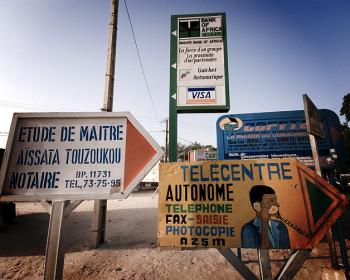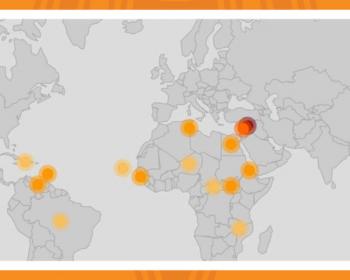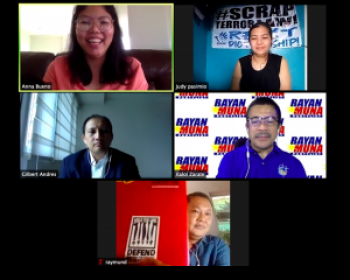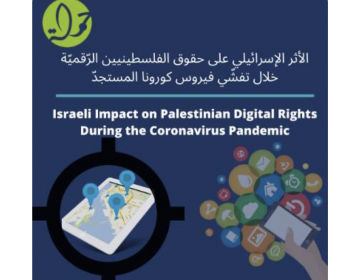Security and privacy
Going beyond traditional Western frameworks of artificial intelligence (AI), this article shares other lenses from various cultural landscapes from which to view AI ethics.
The COVID-19 pandemic has exacerbated concerns on public life. Among the conditions faced in the Philippines during this period is gender-based violence, influenced by the quality of gender-responsive measures in times of crises.
In response to national security challenges related to terrorism, ethnic conflict and organised crime, Niger promulgated a new law on the interception of communications, with surveillance implications that threaten the right to free speech and privacy online.
On 30 August, Lebanese internet users reported an internet disruption that made it almost impossible to access platforms like Twitter. This outage affected many websites and services globally, but not all internet service providers nor all internet services in Lebanon were affected the same.
The Foundation for Media Alternatives organised a webinar on digital rights in the Philippines, discussing the exacerbation of the digital divide during the lockdown, freedom of expression and the effects of the controversial Anti-Terror Law.
On 17 July, the Tanzania government issued new Electronic and Postal Communications (Online Content) Regulations. These new regulations repress online speech, privacy and access to information.
During RightsCon 2020, the Women of Uganda Network (WOUGNET) hosted a session on non-consensual sharing of intimate images (NCII), a form of online violence that is on the rise in Uganda and other sub-Saharan African countries, commonly referred to as “revenge porn”.
This position paper published by 7amleh - The Arab Center for the Advancement of Social Media details the increase in Israeli digital rights violations with the onset of the COVID-19 pandemic.
Media Matters for Democracy expresses solidarity with the women journalists who have called out online violence they face on social media platforms. A statement released by a group of women journalists on 12 August highlights a culture of hateful speech, incitement, harassment and doxxing.
In Part 2 of our series exploring existing artificial intelligence ethics and their shortfalls, we find that ethical principles and guidelines currently in use have limited substance in their content and also a high possibility of being used mainly as window dressing while diverting us away from more structural solutions such as legal regulations.

Association for Progressive Communications (APC) 2022
Unless otherwise stated, content on the APC website is licensed under Creative Commons Attribution 4.0 International (CC BY 4.0)












